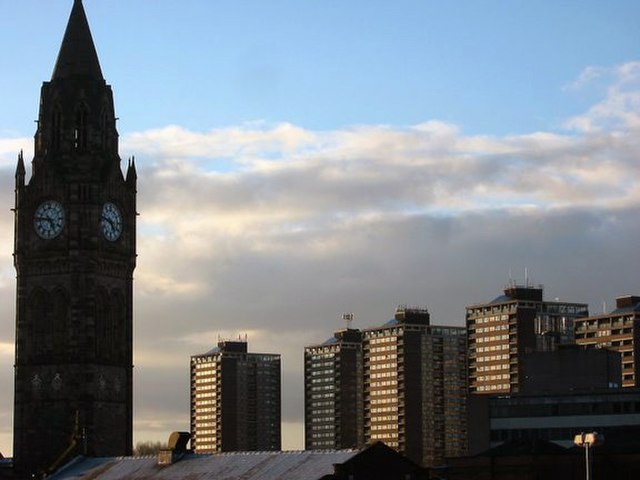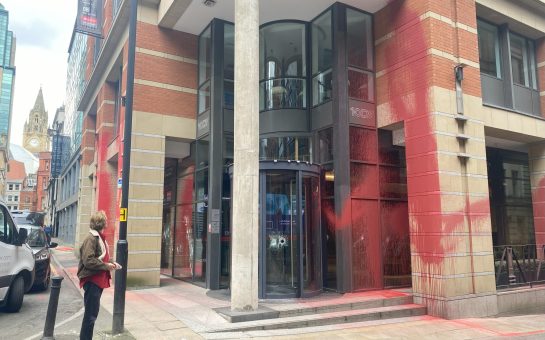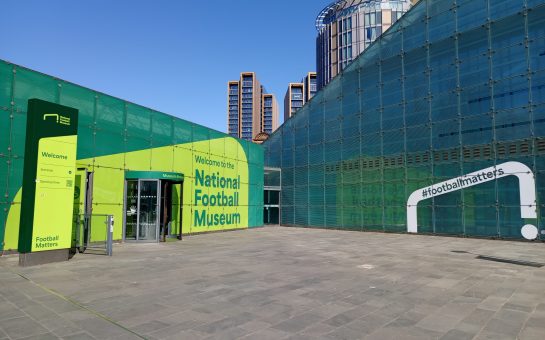George Galloway, the controversial three-time former MP, looks set to win in the upcoming Rochdale by-election this Thursday in a contest that has dominated national headlines and exposed deep splits within the Labour party.
But why is he expected to win and why is he so controversial?
Although Rochdale is more than 2000 miles away from Gaza, the war has dominated campaigning in the town, all to the advantage of Galloway – or ‘Gorgeous George’ as he is sometimes known.
To his supporters, he is a principled socialist and life-long anti-war campaigner, who has dedicated himself to opposing the oppression of Palestinians and Western intervention in the Middle East.
To his opponents, he is an opportunistic defender of dictatorships who focuses on foreign causes at the expense of dealing with issues affecting his constituents, willing to court antisemitism to his advantage.
According to multiple bookmakers, Galloway, 69, is expected be victorious in the election on Thursday, where he is standing for his self-founded Workers Party of Britain.
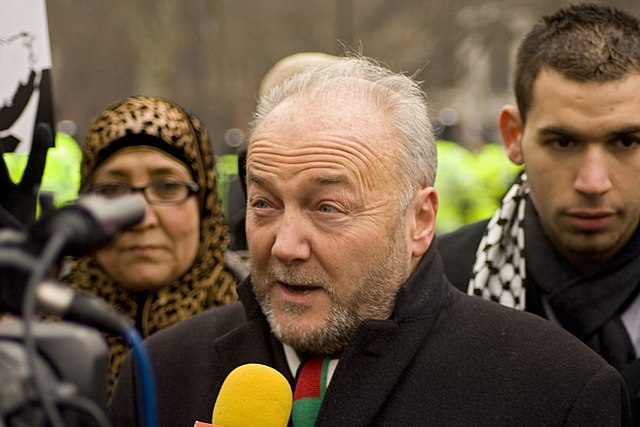
His campaign has focussed heavily on the war in Gaza, and particularly on Labour’s anti-ceasefire position, a topic close to the hearts of Rochdale’s 30,000-strong Asian community.
This is despite Labour not having a candidate in the running, after Azhar Ali was suspended from the party over comments that were labelled anti-Semitic.
Galloway has called upon voters in the formerly safe Labour seat to vote for him to protest Sir Keir Starmer’s refusal to support an immediate ceasefire in the region.
It shows that despite a strong national lead in the polls, Labour candidates could face difficulties in other constituencies with a large Muslim vote.
No stranger to the tabloids, Galloway was widely ridiculed after he appeared in the fourth series of Celebrity Big Brother back in 2006.
Most famously he acted out as a cat, purring and pretending to eat snacks out of another contestant’s hands, a moment that was voted the cringiest reality TV moment of all time in a 2021 poll.
First elected as a Labour MP in 1987, the Scotsman was thrown out by the party in 2003 following comments he made about the Iraq War.
In 2005 he was elected as MP for the Respect party in East London seat of Bethnal Green and Bow, and again in 2012 in the Bradford West by-election – an event he called the ‘Bradford Spring’, referencing the Arab Spring protests that were happening at the time.
And although his opponents accuse him of divisiveness, few doubt that Galloway is a man who sincerely supports the Palestinian cause.
He became a life-long anti-war campaigner and supporter of the Palestinian and Arab cause in general after visiting war-torn Lebanon in the late 1970s.
He has consistently opposed Western intervention in the Middle East, and became vice-president of the Stop the War Coalition in 2001.
His expulsion from the Labour Party came after he said in an interview about the Iraq War: “The best thing British troops can do is to refuse to obey illegal orders.”
But critics accuse Galloway of being selectively anti-war, supporting anything so long as it was anti-American or anti-Israel, even if that meant supporting dictators.
Galloway met with Saddam Hussein following the 1991 Gulf War, claiming that Iraq was justified in its invasion of Kuwait.
His relationship with the dictator gained him further notoriety after he was accused of accepting payments running into the hundreds-of-thousands of pounds from the Iraqi government.
In 2008 he was criticised by human rights groups and gay rights activists after he was accused of downplaying the persecution of homosexuals in Iran, having claimed that “homosexuals are not executed in Iran, only rapists”.
Then in 2010 he interviewed Iranian President Mahmoud Ahmadinejad, in which he referred to a woman convicted of adultery and sentenced to death by stoning as “the so-called stoning case”.
In recent years he has worked for Russia Today, Russia’s state broadcaster.
Galloway has also been frequently accused of antisemitism and sexism.
During the 2005 electoral campaign in Bethnal Green and Bow, his Labour opponent, Oona King, claimed that campaigners for Galloway had been telling Muslim voters not to vote for her because she is Jewish.
In a debate in Oxford in 2013 over Israel’s occupation of the West Bank, Galloway walked out after discovering that his opponent held Israeli citizenship, and in a 2014 speech delivered in Leeds he declared the area an “Israel-free zone”.
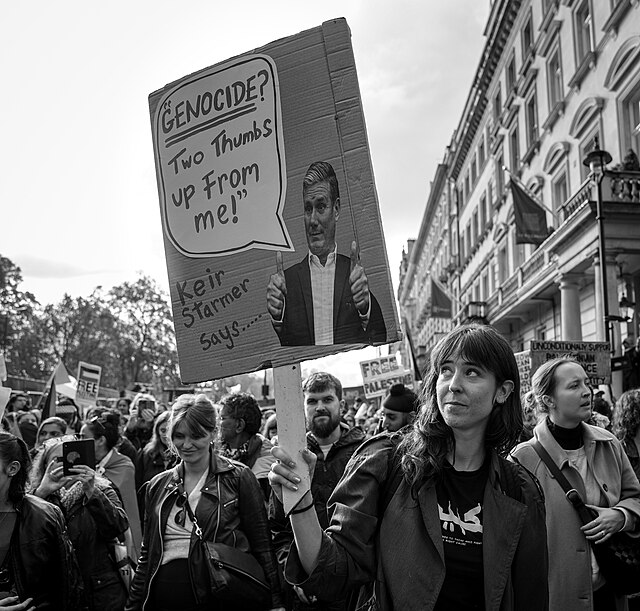
During the 2015 general election, Galloway accused the Labour candidate Naz Shah of having lied over being subject to a forced marriage aged 15.
His claims were proved to be incorrect and he failed to be re-elected, with many critics accusing him of having run a dirty and sexist campaign against Shah.
However, to say that he uses controversy to his advantage would be an understatement, often using attacks against him as evidence of the strength of his convictions.
But with the Rochdale by-election around the corner, the potentially imminent return of George Galloway to the House of Commons will only increase the pressure on Sir Keir Starmer to adapt his party’s position to one that is more in line with the views of many of its voters.
Featured image credit: Wikimedia commons
